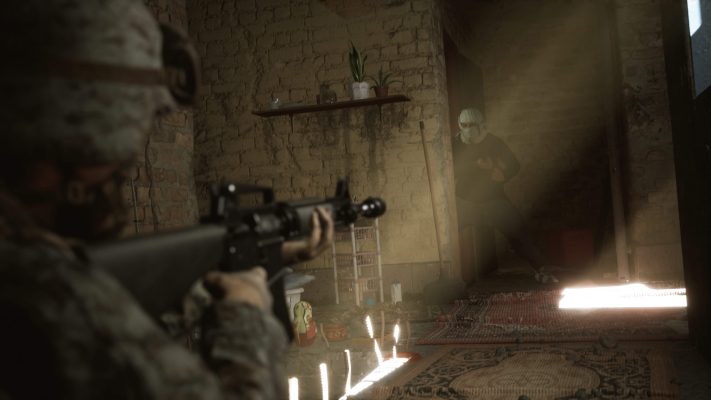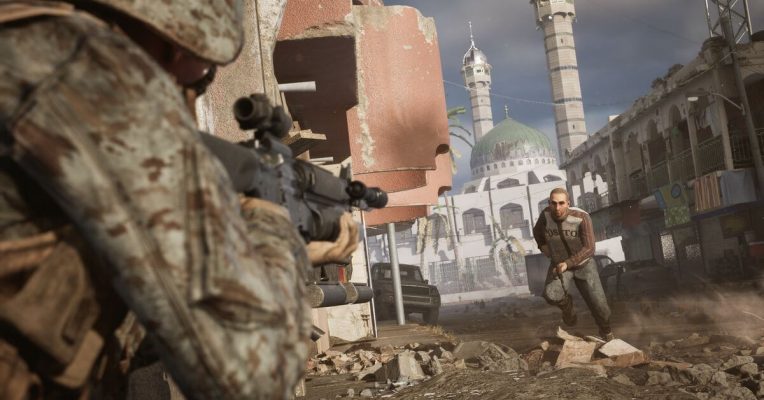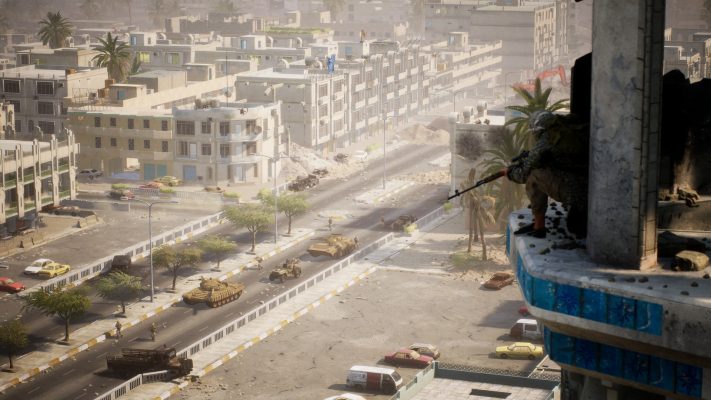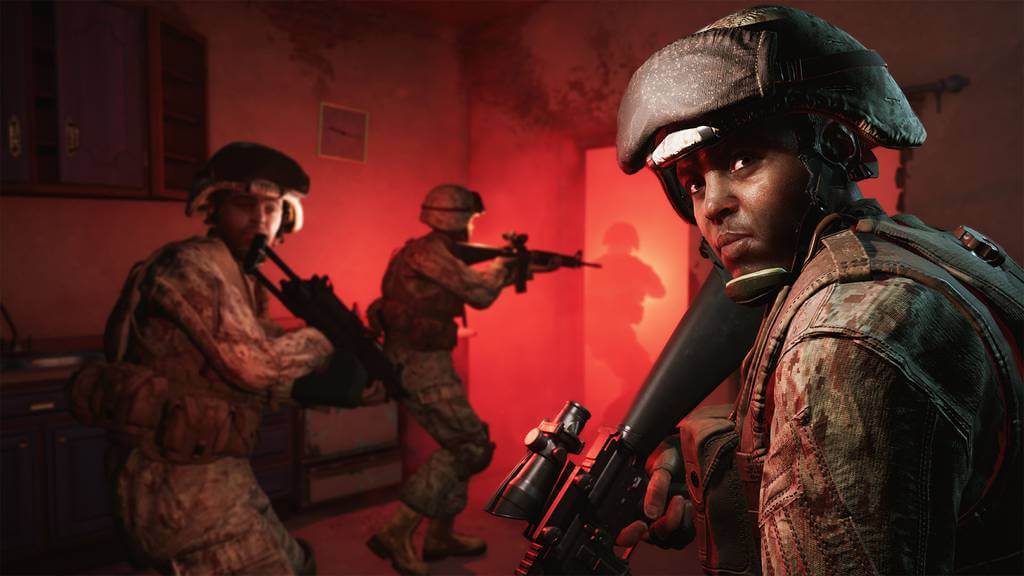“Six Days in Fallujah” Prepares for Controversial Release as Creators Defend the Shooter
After being canceled in 2009, “Six Days in Fallujah,” a video game depicting real urban combat during the Iraq War. It is making a comeback under the new publisher, Victura.
However, the controversial nature of the game remains, sparking debates and discussions surrounding its portrayal of a sensitive historical moment.
While the criticism a decade ago primarily focused on representing recent events in a video game. Today’s concerns revolve around the nuanced depiction of both sides and the game’s responsibility in light of new revelations about the conflict.
In 2021, Victura president Peter Tamte found himself in the midst of a media storm after an interview regarding “Six Days in Fallujah” triggered social media responses. Including from individuals who served in Fallujah.

Tamte emphasized that the game was not intended to make a political statement. And defended the decision not to address war crimes associated with U.S. troops.
The discussions now center on whether the game can authentically portray the experiences of the battlefield. And adequately address the impact on Muslim civilians within a genre that often focuses on nationalism.
An Arab advocacy group in the United States denounced the game, calling it an “Arab murder simulator” that perpetuates violence against Muslims.
In response, Tamte stands ready to defend “Six Days in Fallujah” and asserts the team’s willingness to address controversial aspects within the game.
He points to the trailer. Where the game acknowledges the mistakes made by policymakers that contributed to the growth of al-Qaida.
However, indie game developer Rami Ismail, who is Muslim, criticizes the first gameplay footage on Twitter. Expressing concerns about the anonymization of Iraqi civilians and the portrayal of Iraqi stubbornness.
Perspectives from Those Involved in the Conflict

Soldier Eddie Garcia, who fought in Fallujah and was wounded in battle, supports the project despite understanding the concerns raised.
For him, there are important stories that need to be told, although he remains uncertain about the war’s ultimate purpose.
Other veterans, such as John Phipps and Read Omohundro, reflect on the broader impact of the war. Including the creation of an insurgency and the abandonment of Iraqi interpreters and laborers who worked with the U.S. military.
Omohundro, a consultant on the game, believes that the controversy surrounding the game. And the conflict itself misrepresents the experiences of those on the ground.
He emphasizes that soldiers in combat zones prioritize the safety of their comrades and focus on their mission. Rather than the political reasons behind the war.
However, critics like Rami Ismail argue that without acknowledging the wrongness of the war. And understanding the context, the game becomes problematic.
The Challenge of Translating War into Interactive Form in Six Days in Fallujah
While “Six Days in Fallujah” stands out as a recent conflict-based video game. It is not the first to depict real-world battles.
Games in the past, such as Desert Strike and Super Battletank, tied their narratives to events like the Gulf War while they were happening. Often focusing less on the war’s underlying reasons.
Critics point out that recent military games, including the Call of Duty series, have embraced jingoism and simplified portrayals of conflicts.
Peter Tamte draws a comparison between “Six Days in Fallujah” and the game “Brothers in Arms: Hell’s Highway,” which followed a troop during World War II.
He highlights the difficulties of urban combat in “Six Days” and the inclusion of documentary interviews between missions.

The upcoming release of “Six Days in Fallujah” has reignited debates and controversies surrounding its portrayal of the Iraq War.
While criticisms a decade ago primarily focused on the idea of representing recent events in a video game, today’s discussions revolve around the responsibility of accurately representing the complexities of the conflict and its impact on both sides.
The game’s creators stand firm in their commitment to address controversial aspects, but critics argue that the game fails to fully acknowledge the human element and historical context.
As the release approaches, the ongoing debate highlights the challenges of translating recent conflicts into interactive entertainment and raises important questions about the ethical boundaries of such representations.





